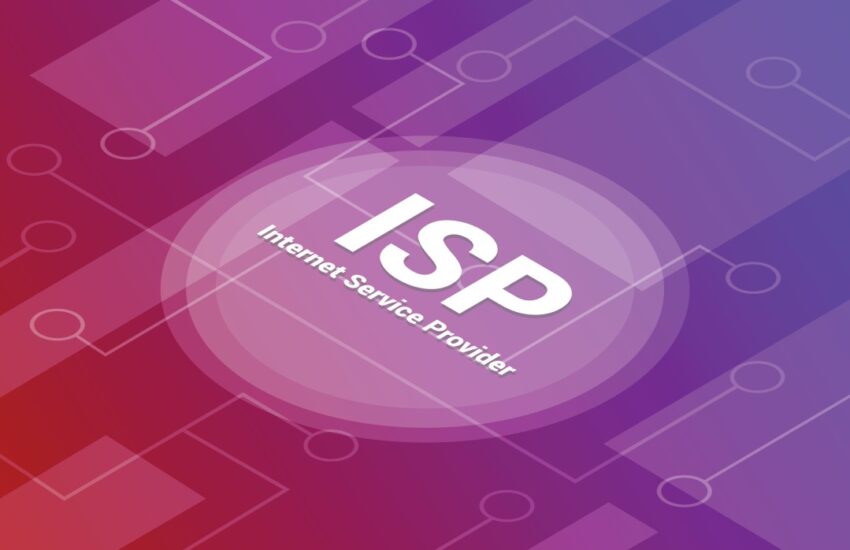Top 8 Ways for Property Managers to Leverage Technology
In the ever-evolving landscape of property management, staying ahead requires embracing technology. Property managers now have a wealth of digital tools at their disposal, revolutionizing how they operate, communicate, and streamline tasks. In this guide, we delve into the top eight ways property managers can harness technology to enhance efficiency, tenant satisfaction, and overall property performance.
1. Smart Property Management Platforms
Investing in cutting-edge Landlord management software is essential for modern property managers. These platforms offer a wide array of features, from automating rent collection and lease renewals to organizing maintenance schedules. Cloud-based systems not only centralize data but also provide real-time access, empowering property managers to monitor activities, address concerns, and manage tasks efficiently, irrespective of their location. Advanced platforms even offer predictive analytics, helping property managers anticipate market trends and make strategic decisions.
2. Internet of Things (IoT) Devices

Embracing IoT devices transforms properties into intelligent, responsive spaces. Smart thermostats, locks, and security cameras can be remotely controlled and monitored, ensuring optimal security and energy efficiency. Property managers can proactively address issues, enhance tenant safety, and reduce utility costs by integrating IoT devices into their properties, fostering a technologically advanced living environment. Moreover, IoT data can be analyzed to predict tenant behavior and preferences, enabling tailored services and amenities.
3. Online Tenant Portals
Implementing user-friendly online portals fosters seamless communication between property managers and tenants. Tenants can pay rent, request maintenance, and access lease agreements conveniently. Property managers can disseminate essential information, respond promptly to queries, and provide updates on property matters. These portals cultivate a transparent and efficient communication channel, leading to improved tenant satisfaction and operational clarity. Advanced portals incorporate AI-driven chatbots, offering instant responses to tenant inquiries, and enhancing communication efficiency further.
4. Data Analytics and Predictive Maintenance

Harnessing the power of data analytics offers property managers valuable insights into property performance. By analyzing tenant behavior, maintenance patterns, and market trends, managers can make data-driven decisions. Predictive maintenance algorithms anticipate potential issues, enabling proactive repairs and minimizing disruptions. Utilizing these analytical tools, property managers can optimize resources, enhance property value, and ensure seamless operations. In addition to predictive maintenance, data analytics can be employed to personalize tenant experiences, offering tailored services and lease agreements based on historical tenant preferences.
5. Virtual Reality (VR) Tours
Incorporating virtual reality technology revolutionizes the property viewing experience. VR tours allow prospective tenants to explore properties remotely, saving time and effort. These immersive tours provide a realistic sense of space, enabling tenants to envision their lives within the property.
Property managers can showcase properties more effectively, attracting quality tenants and minimizing unnecessary physical visits. VR tours are not just a time-saving measure but also a powerful marketing tool, enhancing tenant engagement and satisfaction. Moreover, VR technology can be integrated with property planning software, allowing tenants to virtually design their living spaces before moving in.
6. Chatbots and Artificial Intelligence (AI)

Deploying chatbots driven by AI enhances customer service efficiency. Chatbots can handle routine inquiries, schedule appointments, and provide relevant information to tenants, freeing up property managers’ time for more complex tasks. AI-driven insights offer invaluable market analysis, helping property managers optimize rental prices, devise targeted marketing strategies, and predict tenant preferences.
By leveraging AI technology, property managers can offer personalized experiences, enhancing tenant interactions and overall satisfaction. Additionally, AI-powered chatbots can gather tenant feedback, allowing property managers to continuously refine their services based on real-time tenant sentiments.
7. Property Security Systems
Implementing advanced security systems, including smart cameras, access control systems, and alarm systems, enhances the safety of properties. These systems can be monitored remotely, allowing property managers to respond quickly to security concerns. Integrating artificial intelligence into security systems enables predictive threat analysis, identifying potential security risks before they escalate. Enhanced security not only safeguards tenants but also protects property assets, reducing potential liabilities and ensuring peace of mind for all stakeholders.
8. Cloud-Based Document Management
Transitioning to cloud-based document Smanagement systems streamlines paperwork and enhances accessibility. Property managers can store lease agreements, maintenance records, and tenant communication in secure cloud platforms. This digitization not only reduces physical clutter but also ensures important documents are easily accessible when needed. Cloud-based systems often come with powerful search functionalities, enabling property managers to retrieve specific documents swiftly.
Conclusion
As the property management industry continues to evolve, integrating technology into everyday practices is no longer an option but a necessity. The top eight technological solutions highlighted in this guide empower property managers to optimize operations, provide superior tenant experiences, and ultimately achieve higher levels of success.
Embracing these advancements not only enhances efficiency but also establishes a competitive edge in a dynamic market. By leveraging technology wisely, property managers can navigate challenges with confidence and lead their properties toward a more innovative and prosperous future.



